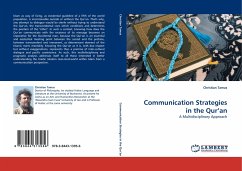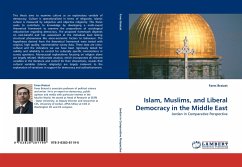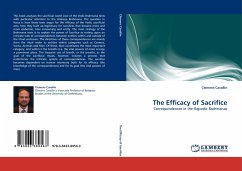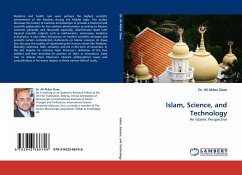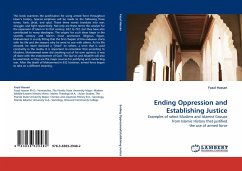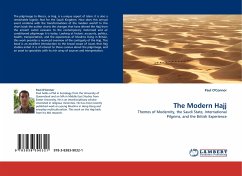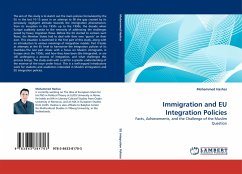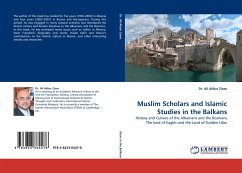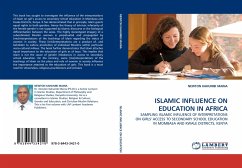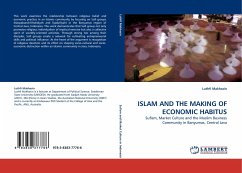
ISLAM AND THE MAKING OF ECONOMIC HABITUS
Sufism, Market Culture and the Muslim Business Community in Banyumas, Central Java
Versandkostenfrei!
Versandfertig in 6-10 Tagen
45,99 €
inkl. MwSt.

PAYBACK Punkte
23 °P sammeln!
This work examines the relationship between religious belief and economic practice in an Islamic community by focusing on Sufi groups (Naqsabandi-Kholidiyah and Syadziliyah) in the Banyumas region of Central Java, Indonesia. This work demonstrates that Sufi group not only promotes religious individualism of mystical exercise but also a collective spirit of worldly-oriented activities. Through strong ties among their disciples, Sufi groups create a network for cultivating entrepreneurial skills and political influence. At the heart of the argument is recognition of religious devotion and its ef...
This work examines the relationship between religious belief and economic practice in an Islamic community by focusing on Sufi groups (Naqsabandi-Kholidiyah and Syadziliyah) in the Banyumas region of Central Java, Indonesia. This work demonstrates that Sufi group not only promotes religious individualism of mystical exercise but also a collective spirit of worldly-oriented activities. Through strong ties among their disciples, Sufi groups create a network for cultivating entrepreneurial skills and political influence. At the heart of the argument is recognition of religious devotion and its effect on shaping socio-cultural and socio-economic distinction within an Islamic community in Java, Indonesia.



